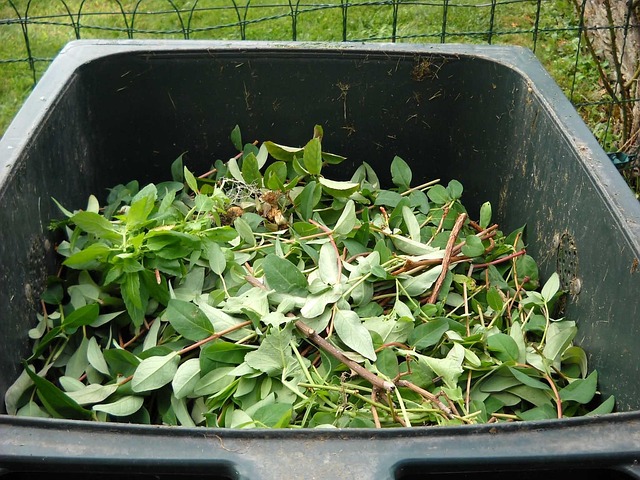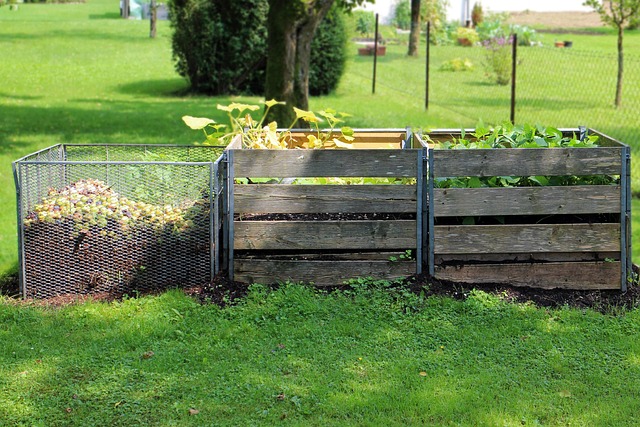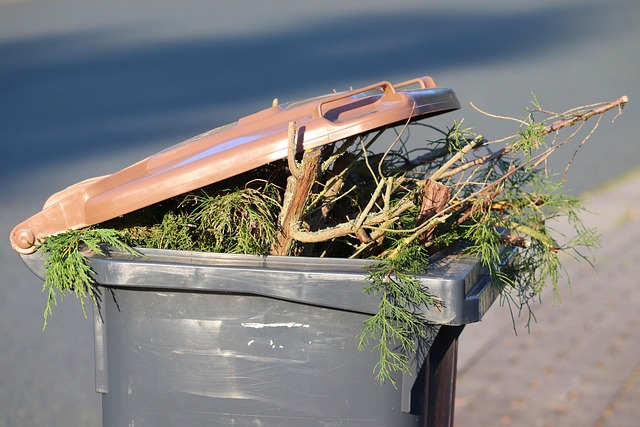In today’s rapidly changing world, the concept of compostable waste has emerged as a beacon of hope for those looking to create a more sustainable future. As we become increasingly aware of our environmental responsibilities, embracing compostable waste in gardening practices stands out as an impactful way to contribute to a greener planet. This shift in perspective not only helps reduce landfill waste but also enriches our gardens and cultivates a deeper connection with nature.
When we talk about compostable waste, we’re referring to biodegradable materials that can decompose, returning valuable nutrients to the soil. This could range from kitchen scraps, like fruit and vegetable peels, to yard waste such as grass clippings and leaves. By transforming these organic materials into nutrient-rich compost, we can rejuvenate our gardens and support healthy plant growth.
Gardening with compostable waste not only enriches the soil, but it also plays a significant part in combating climate change. When organic waste is sent to landfills, it breaks down anaerobically, producing harmful greenhouse gases like methane. By composting, we can divert these materials from landfills, mitigating their environmental impact and promoting a healthier ecosystem.
Moreover, integrating compostable waste into our gardening practices encourages biodiversity. A vibrant garden teeming with life is often a result of healthy soil. The nutrients unlocked through the composting process help to support a wide variety of organisms, from beneficial bacteria to earthworms, all of which contribute to a thriving garden ecosystem.
As we delve deeper into the rhythm of nature, we begin to realize that composting is not just about waste disposal; it’s a philosophy rooted in respect for the environment. By choosing to compost, we reflect a commitment to sustainability and a desire to nurture the earth rather than exploit it. This practice allows us to take an active role in the health of our planet, making it a rewarding journey for any gardener.
Starting your composting journey can be as simple as designating a spot in your garden or yard for compost bins. The key is to balance your green materials, like grass clippings and fruit scraps, with brown materials, such as cardboard and dry leaves. This balance will facilitate effective decomposition and result in the rich compost we strive for. As you see the transformation of waste into resources, you’ll gain a profound appreciation for the circular nature of life.
Incorporating compostable waste into gardening not only fulfills our need for eco-friendly practices but also enhances our connection to the environment. Let us embrace this green revolution, cultivating our gardens while simultaneously cultivating a sustainable future. With every handful of compost spread over our plants, we are not just improving our gardens, but we are also nourishing our planet, making it a better place for generations to come.



